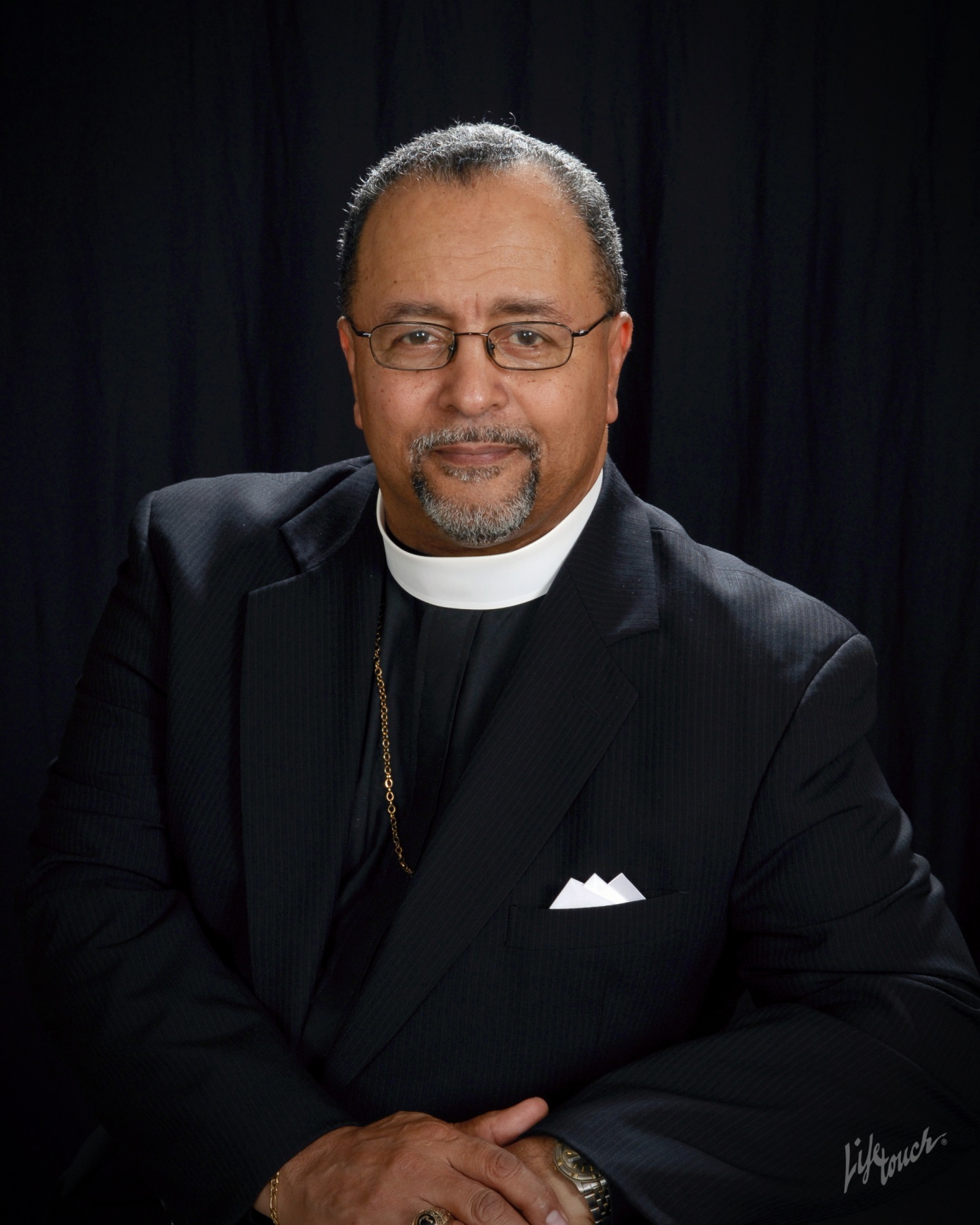The Truth is the Light
By Rev. Dr. Charles R. Watkins, Jr., Senior Columnist
According to Luke 24:32, “They said to each other, ‘Were not our hearts burning within us while he was talking to us on the road, while he was opening the scriptures to us?’” Passion Week presented opportunities to bring us together in celebration, contemplation, retrospection, and introspection. We examined ourselves and our relationship with our Lord and Savior. We, in many instances, reflected on our behavior and intentions as they relate to our promised service to the Kingdom. We found, in our quiet time, opportunities to meditate on how faithful we have been in our service and how well we have lived up to the command to love God and each other. We excitedly celebrated that the tomb was empty signifying that Jesus had risen just as He said He would.
The truth is that the Resurrection of Jesus is a present reality of the victory that set human existence on a new path of life. However, it is impossible to truly appreciate the Resurrection message unless we thoughtfully consider how it affects and impacts our past, present, and future.
Jesus’ resurrection is not an example of God attempting to excite the emotions of His followers. Nor is it an incredible feat perpetrated to amaze and antagonize His enemies. The empty tomb presents a critical message. It is a message that was vitally necessary for that age and is critically relevant for this age and for every age to come until Jesus returns to receive His own.
The bodily resurrection of Jesus relieved doubts and brought much-needed clarity to the things He had been teaching. Clarity and understanding were essential to move the disciples and early followers to build the early Christian church. Jesus attempted to prepare His disciples for His imminent sacrifice and substitutional death. However, they never fully grasped the concept due to their limited understanding. Truthfully speaking, the concept was so foreign to their prevailing Messianic belief that they considered it impossible.
Jesus worked to convince the disciples that His death was necessary but they intended to persuade Him to stay away from Jerusalem and avoid those who would seek to persecute and kill Him. Jesus’ mission drove Him to ignore their efforts and persist in His plans to go to Jerusalem. There, of course, Jesus was greeted with false accusations and the unjust trials that led to His ultimate crucifixion.
Jesus was a popular leader and His death was a great public tragedy. He had been publicly condemned as a criminal and sentenced to the ultimate punishment of crucifixion, bringing shame to His family and followers. It is no mystery why many, if not most, followers fled in fear and despair.
The Good News is that following His resurrection, Luke 24:45 says, “Then he opened their minds to understand the scriptures.” After the Resurrection, folks had confirmation that Jesus’ substitutional death on the cross had been God’s plan from the very beginning, demonstrating His determination to redeem us from the tyranny and waste of sin.
The Rev. Dr. Charles R. Watkins, Jr. is the pastor of Pine Grove AME Church in Columbia, South Carolina.





